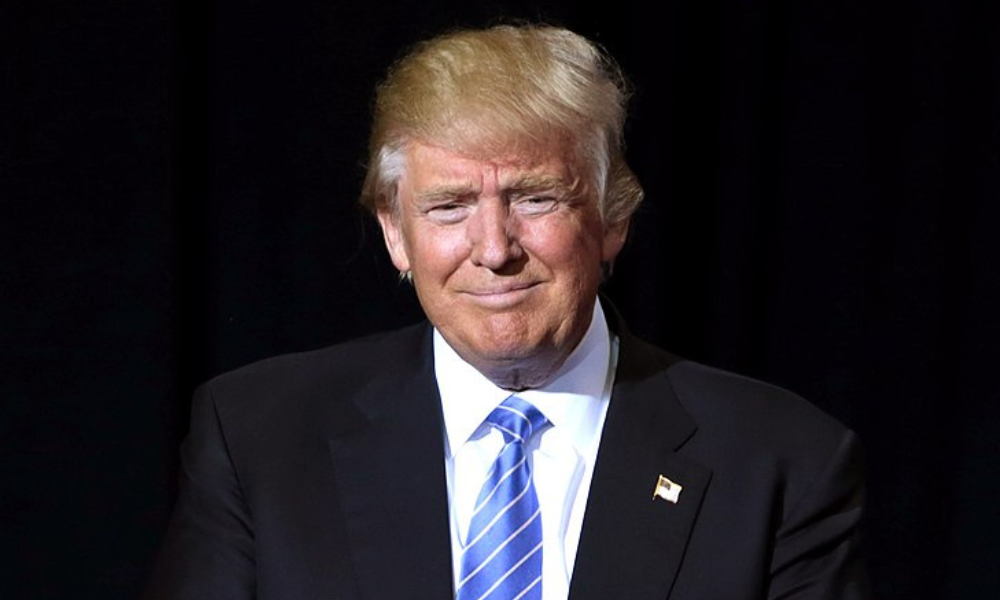
Four firms have pledged legal services worth millions to the US president's administration

Photo: Gage Skidmore from Peoria, AZ, United States of America, CC BY-SA 2.0, via Wikimedia Commons
US President Donald Trump has voiced his intent to get law firms to provide pro bono legal assistance to his trade team in negotiations with other countries, reported Reuters.
While Trump did not drop names, to date, four firms have pledged free legal services worth hundreds of millions of dollars to aid causes approved by Trump’s administration, including support for veterans. These firms were Paul Weiss, Skadden Arps, Milbank, and Willkie Farr; Paul Weiss pledged US$40 million in pro bono work while the others pledged US$100 million.
The firms’ representatives did not immediately respond to requests for comment on whether working on trade deals was in line with their commitments to the Trump administration.
“We have a lot of law firms that have paid me a lot of money in the form of legal fees. We're going to probably use those firms ... if we can - I think we can,” Trump said in a White House cabinet meeting yesterday (statement published by Reuters). “I think we're going to try to use these very prestigious firms to help us out with the trade.”
Trump had halted the imposition of significant reciprocal tariffs on several countries only hours after they went into effect on Wednesday; reportedly, over 75 countries had contacted his administration to negotiate trade deals. China alone was slapped with tariffs.
The US president also considered retaining the firms’ services after his presidential term ends.
The Trump administration has targeted several US law firms in executive orders since the president took office, accusing them of weaponizing the justice system and attacking workplace diversity initiatives. While Paul Weiss, Skadden Arps, Milbank, and Willkie Farr struck deals with Trump, firms Perkins Coie, WilmerHale, and Jenner & Block opted to challenge the president’s orders in court.
The firms that sued achieved partial wins, with judges temporarily shooting down key provisions in the orders on the grounds that the provisions breached free speech and due process protections laid out in the US Constitution.